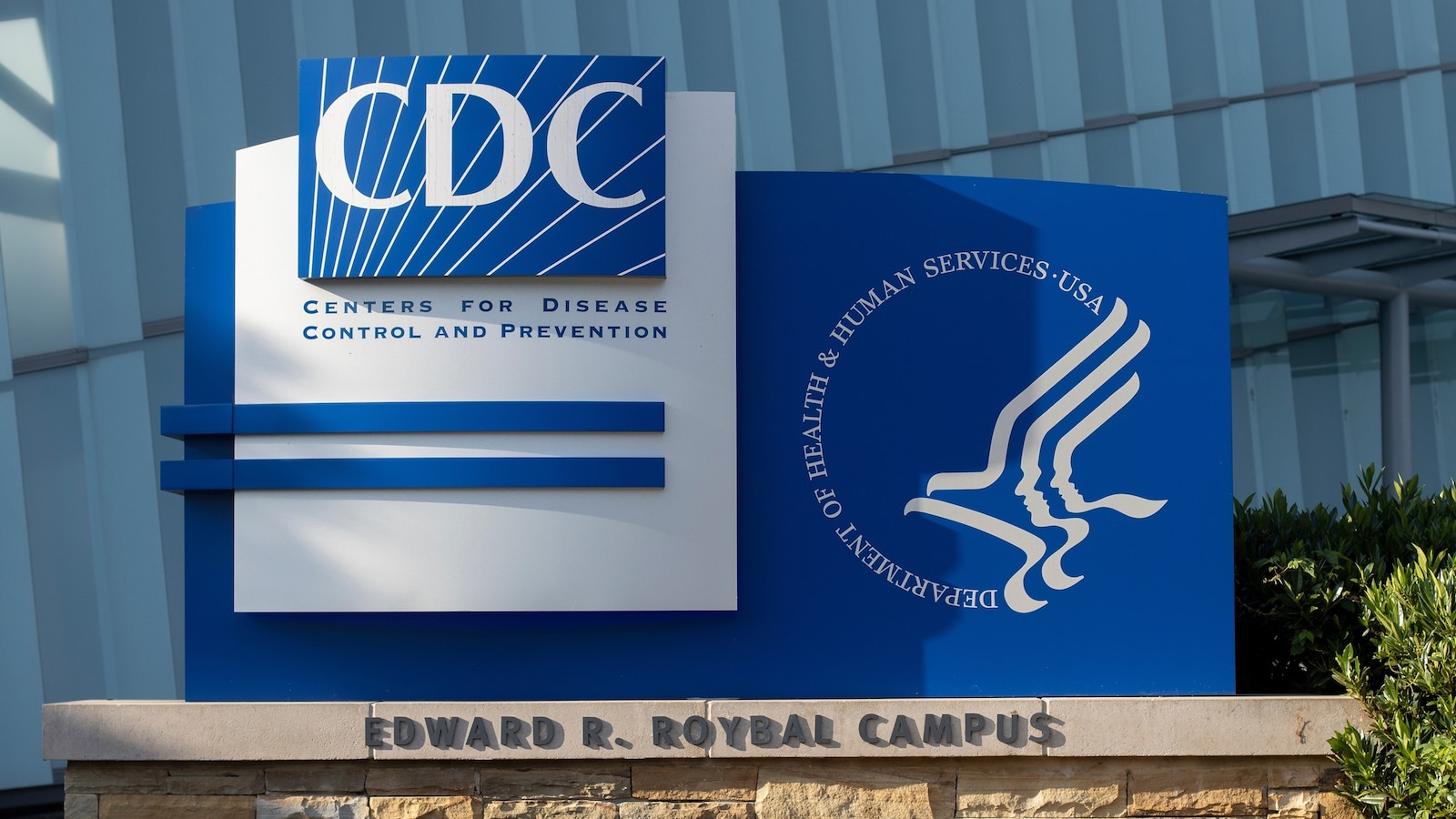Urgent Plea: Cancer Researchers Demand Restoration of Vital Data Access
A coalition of cancer research experts has made an urgent plea to the Trump administration, calling for the restoration of critical data access that could significantly impact ongoing studies and advancements in cancer treatment. This demand arises from a decision that has raised considerable concern among scientists, who argue that restricted access to vital data hampers progress in the fight against one of the world’s most formidable health challenges: cancer.
The Importance of Data Access in Cancer Research
Data access is a cornerstone of scientific research, particularly in fields as complex and multifaceted as oncology. Cancer researchers rely on vast datasets that include patient information, treatment outcomes, genetic data, and epidemiological studies. These datasets facilitate a deeper understanding of how different factors contribute to cancer development and progression. Without comprehensive data access, researchers face significant obstacles in their quest to develop innovative treatments and improve patient outcomes.
Consequences of Restricted Data Access
The decision to limit access to essential cancer research data has sparked fears among experts about the potential stagnation of progress in cancer treatment. Some of the key consequences of restricted data access include:
- Slowed Research Progress: With limited access to datasets, researchers may struggle to validate their findings, leading to slower progress in developing effective therapies.
- Reduced Collaboration: Data sharing is fundamental to collaborative research efforts. Restrictions can hinder partnerships between institutions and researchers, ultimately reducing the collective knowledge base.
- Impact on Patient Care: The inability to analyze comprehensive data may result in less informed treatment decisions, impacting patient outcomes.
- Increased Costs: Restricted access can lead to duplicated research efforts, wasting time and resources that could be better utilized elsewhere.
Why the Call for Restoration Matters
Experts argue that restoring data access is not merely a matter of administrative convenience but a critical factor in advancing cancer research. The coalition of researchers emphasizes that the urgency of this plea cannot be overstated. As cancer continues to be a leading cause of death worldwide, any barriers to research could have dire consequences for future generations.
Real-World Impact of Data Access on Cancer Research
Historically, unrestricted access to data has led to significant breakthroughs in cancer treatment. For instance, the sharing of genomic data has propelled the development of targeted therapies, such as those used in treating melanoma and lung cancer. These therapies have transformed how oncologists approach treatment, allowing for more personalized and effective patient care.
Moreover, access to diverse datasets enables researchers to identify trends and patterns that might otherwise go unnoticed. For example, understanding variations in cancer incidence among different demographics can inform public health initiatives and guide preventive measures.
Voices from the Research Community
Many researchers have voiced their concerns regarding restricted data access. Dr. Emily Chang, a leading oncologist at a prominent cancer research institute, stated, “The fight against cancer requires a collective effort. When data access is restricted, we risk losing valuable insights that could lead to life-saving treatments.”
Similarly, Dr. Robert Keller, a biostatistician specializing in cancer epidemiology, added, “Data is the lifeblood of research. Without it, the scientific community cannot effectively address the complexities of cancer.”
Potential Solutions and Path Forward
In light of these challenges, it is crucial to explore potential solutions that could facilitate data access while ensuring privacy and ethical considerations are maintained. Some proposed strategies include:
- Establishing Clear Guidelines: Developing a framework for data sharing that protects patient confidentiality while promoting collaboration.
- Creating Centralized Databases: Establishing centralized platforms where researchers can access de-identified data for analysis, fostering a culture of openness and collaboration.
- Encouraging Public-Private Partnerships: Collaborating with technology companies to enhance data collection and sharing capabilities.
Engaging Policymakers
Engaging policymakers is vital in addressing the current data access crisis. Advocacy efforts must emphasize the importance of data access in facilitating groundbreaking research that can save lives. By presenting compelling evidence and rallying support from the public and stakeholders, researchers can influence policy changes that prioritize data accessibility.
The Role of Technology in Enhancing Data Access
Advancements in technology can play a pivotal role in restoring data access for cancer researchers. Innovations such as cloud computing and artificial intelligence have the potential to streamline data sharing processes while maintaining rigorous security measures. These technologies can help researchers analyze vast amounts of data quickly and efficiently, leading to faster discoveries in cancer treatment.
Global Perspectives on Data Access
While the focus is on the situation within the United States, it is essential to consider the global implications of data access issues. In many countries, limited resources and infrastructure can impede cancer research. However, international collaborations and data-sharing initiatives can bridge these gaps, allowing researchers in developing nations to contribute valuable insights to the global fight against cancer.
Conclusion
The urgent plea from cancer researchers for the restoration of vital data access underscores a pressing issue that could significantly impact the future of cancer treatment. As the scientific community rallies together to advocate for change, it is essential to recognize that the fight against cancer is a collective endeavor. By reinstating access to critical data, we can empower researchers to make meaningful strides in understanding and combating this devastating disease.
In this pivotal moment, let us hope that policymakers heed the call of the research community, recognizing that unrestricted data access is not just a benefit for scientists but a fundamental necessity for improving patient care and advancing the fight against cancer. Together, with the right resources and collaborations, we can build a brighter future for cancer research and ultimately, a world where cancer is no longer a leading cause of death.
See more WebMD Network



